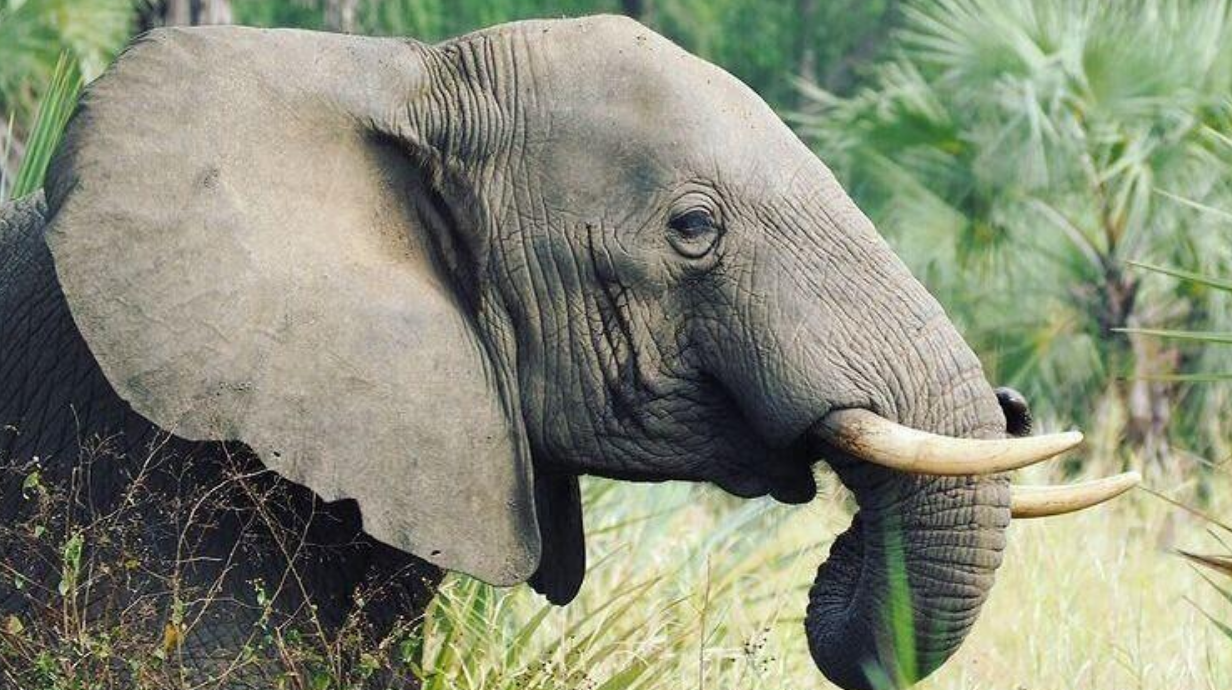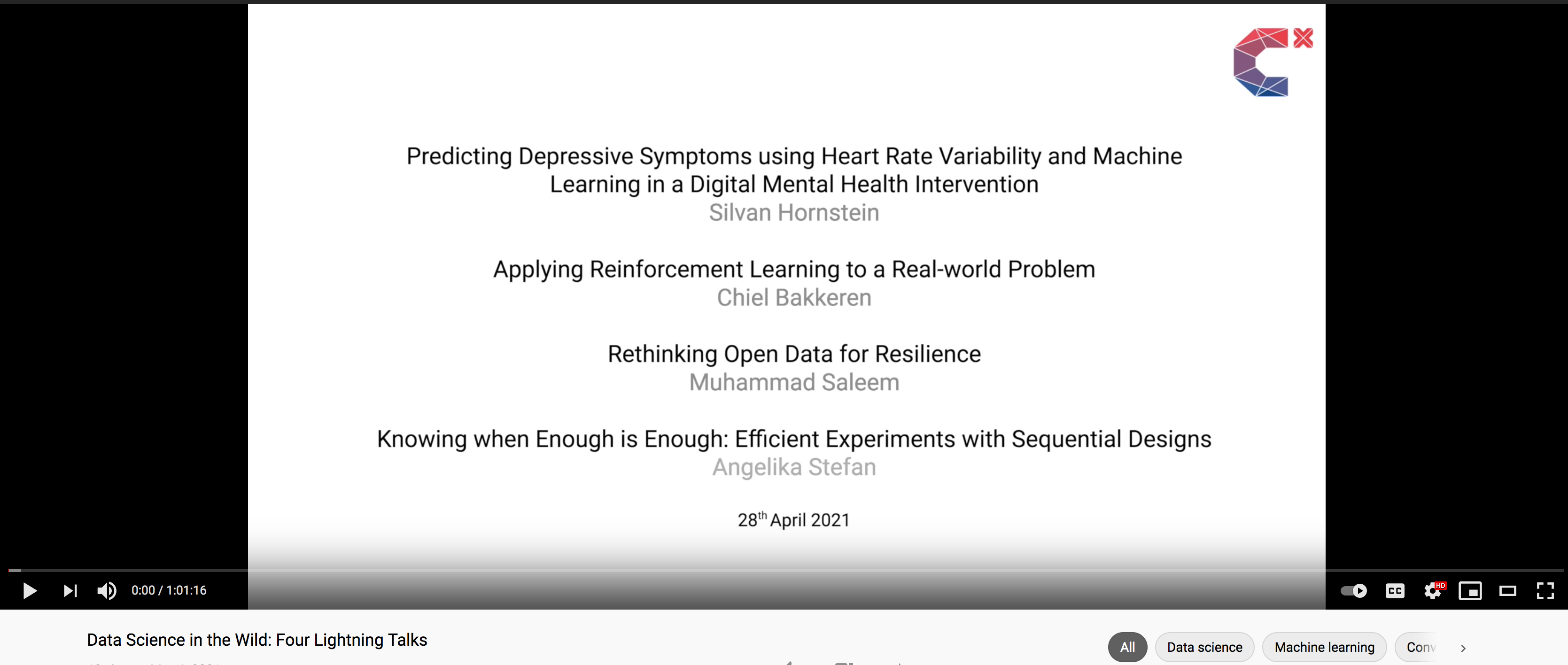At CorrelAid Netherlands we love meeting passionate people. We regularly plan meetups to bring people together, share ideas, learn something new, and inspire each other. And since data and data science runs in our blood, we always strive to find and discover new ways to look at data and how it can help to make our blue planet a better place.
In May Maya Bogers and I (Mehrzad Karami) organized what turned out to be a very cool and inspiring session. The main subject was about how data and data science can be used to fight wildlife crime and support nature conservation. We talked about this question with three awesome organizations from The Netherlands that operate internationally to preserve nature and biodiversity, fight poaching and trafficking, and prevent human-wildlife conflicts. Each organization had a 10-15 minute window to talk about how data is benefiting their work, and the unique challenges they are facing working in their area.
We had the opportunity to talk to Tim van Deursen, co-founder at Hack the Poacher, Jan-Kees Schakel, founder of Sensing Clues, and Timo Roeke, project leader at Waarneming.nl. Here is short summary of what these NGOs do, and how they are impacting the world:
-
Hack the Poacher is a non-profit organization looking for ways to help prevent poaching of rhinos and elephants in national parks using smart technology. Their current projects focus on cell phone detection and smart camera traps.
-
Sensing Clues develops methods and technologies for nature conservation and wildlife protection. These methods and technologies enable wildlife protection organizations to get the right people, at the right time, in the right place. Using data from open sources and rangers in the field, their tools predict where poachers are most active or where human-wildlife conflicts (HWC) are most likely to happen, allowing for early intervention. Sensing Clues is a Dutch ANBI holding not-for-profit foundation that operates in Africa, Asia, Latin-America and Europe.
-
Waarneming.nl / Observation.org is the largest nature platform in the Netherlands and part of the Observation International Foundation, a non-profit organization on a mission to collect, build and share a multilingual observational data collection system focused on global biodiversity. To do so, they host a multilingual platform where users from all over the world can register the birds, plants, insects and all other flora and fauna they observe; and they facilitate the validation of this field data by professionals. Open data and citizen science is at the center of what they do.
With over 100 registrations, and over 50 participants showing up, the event was a blast. The talks and the discussions were great with the Zoom chat exploding. Hack the Poacher and Sensing Clues each brought a second person along who – with breakneck speed – answered any questions that came up during their talks. It was a great illustration of human interaction and a perfect flow of energy and information exchange among participants.
There were also other sources of marvellous synergy: Jan Kees-Schakel connected with Liam Bailey, a postdoc in ecology who was in the audience and who is setting up weather stations to collect fine-scale environmental data in Tanzania.
Jan also mentioned that there are over a hundred types of lemurs in Madagascar that are hard to distinguish and asked Timo Roeke whether their Observation app could be applied to this case, to which Timo answered affirmatively, suggesting to connect over email.
Immediately after this exchange Carly Batist, a PhD student from the United States chimed in and who actually studies lemurs in Madagascar! Timo then asked whether lemurs are vocal and whether one could distinguish them based on voice. Carly replied that it depends very much on the species and that – wouldn’t you know it! – her PhD thesis is on “passive acoustic monitoring of Black-and-white ruffed lemur”, which are very vocal. Some things you cannot make up.
While organizing an event with multiple NGOs requires more preparation than our usual events, we found that the amazing synergy that it creates is absolutely worth it. We therefore plan to organize more such events in the future. If you are reading this and you are working for an NGO that would be interested in participating, do reach out!
You can find the recording of the event on our YouTube channel.
In case you want to experience our events live, follow announcements of future events on Facebook, or Twitter; sign-up for our newsletter; or become part of CorrelAid Netherlands by filling out this short survey. We’d be delighted to see you at a future event!




